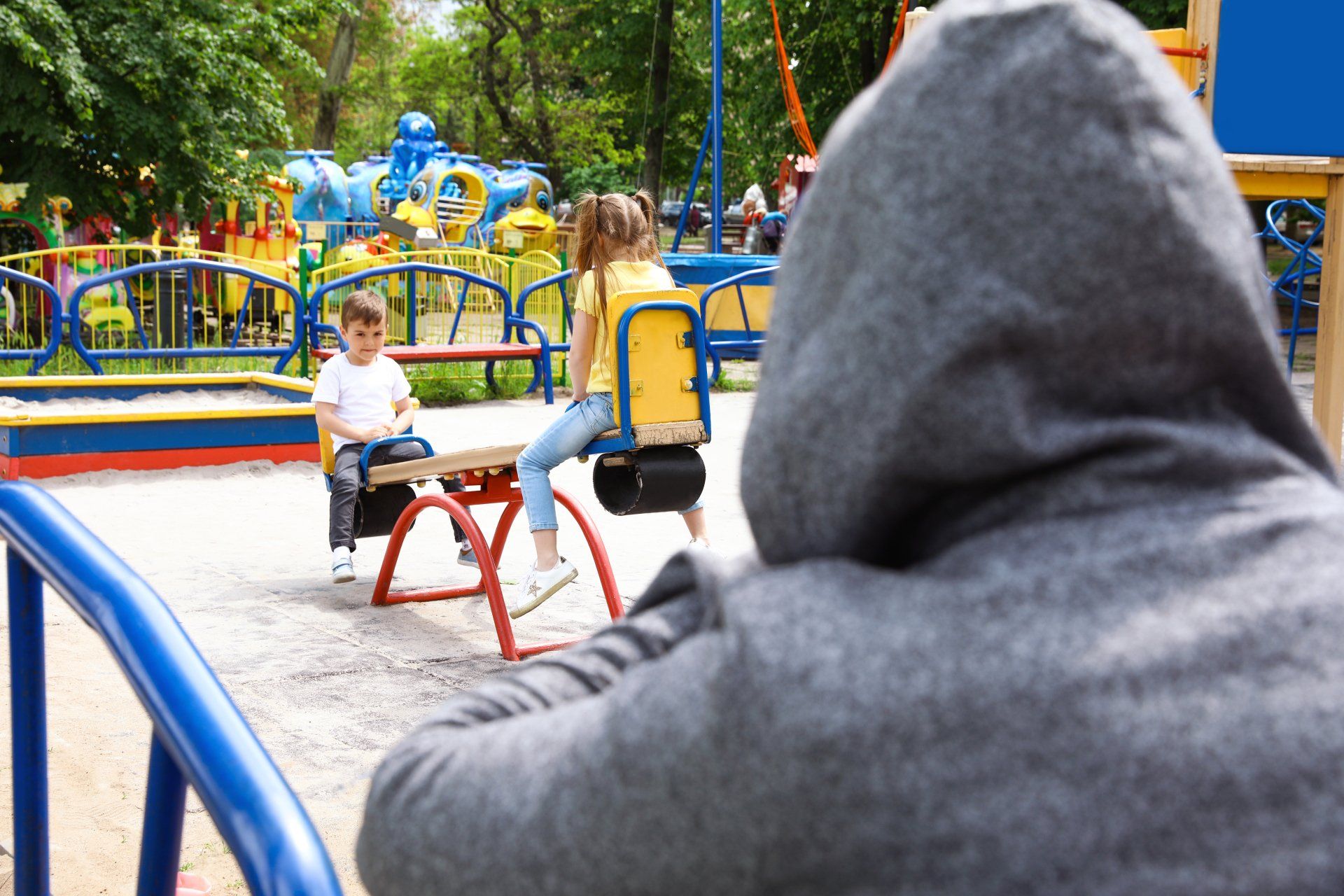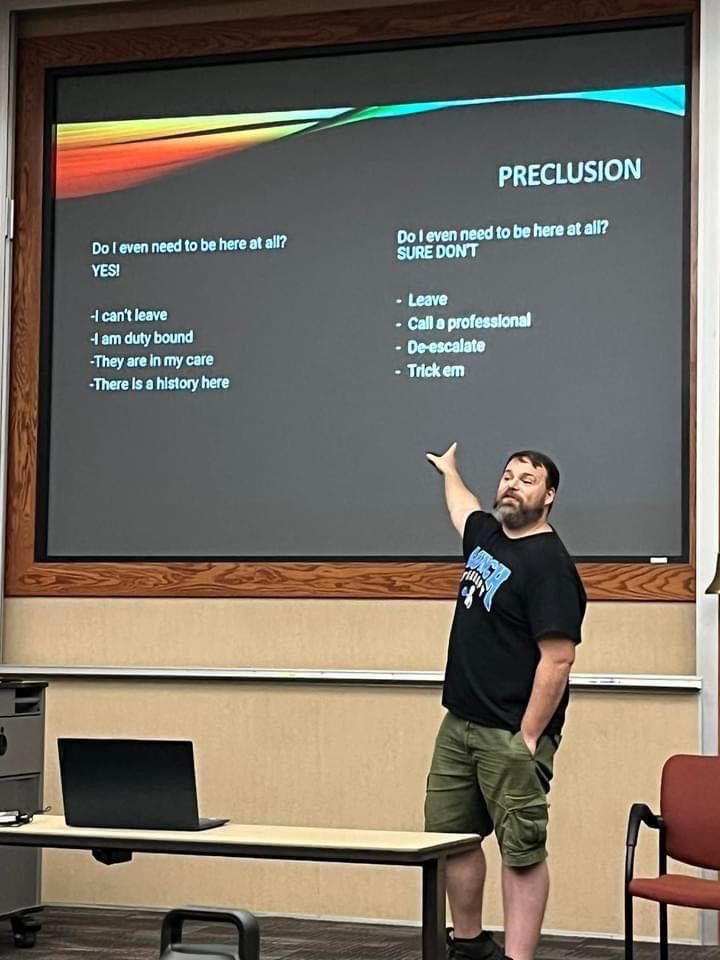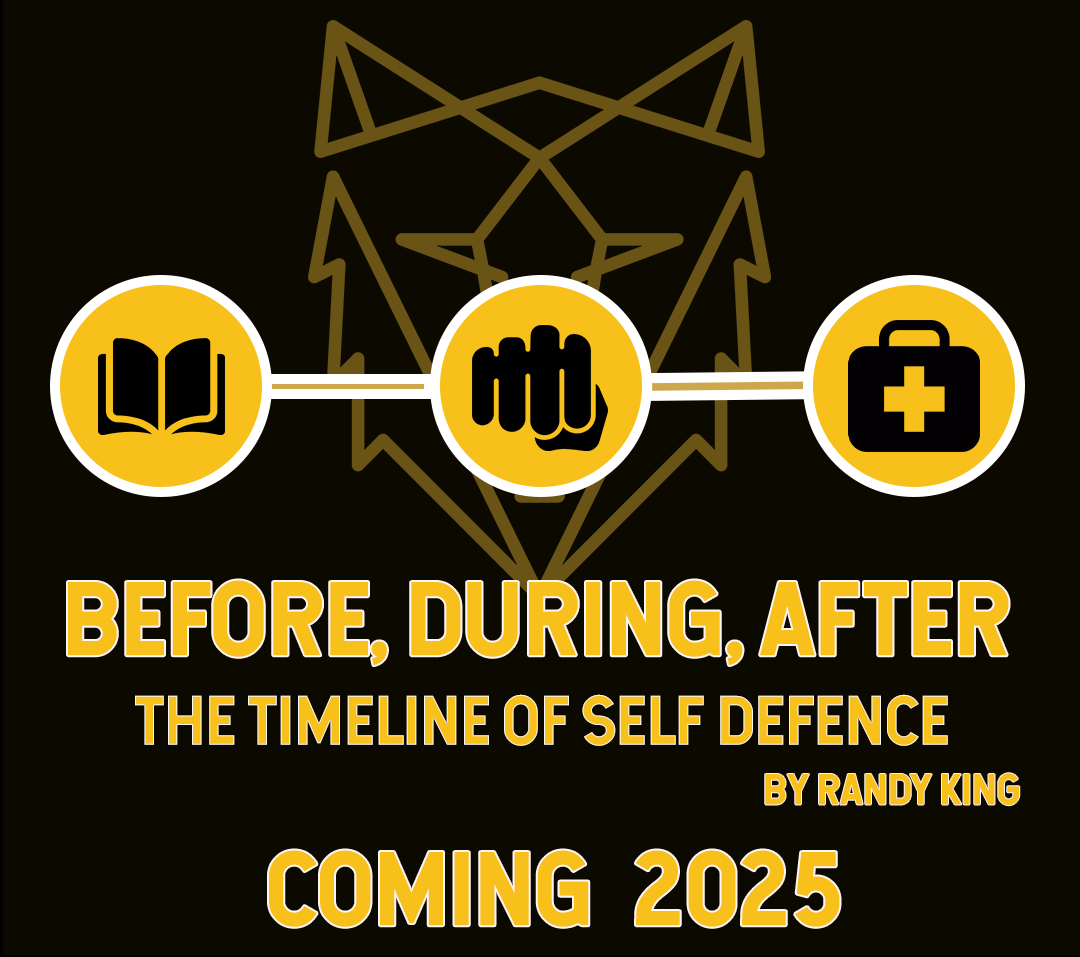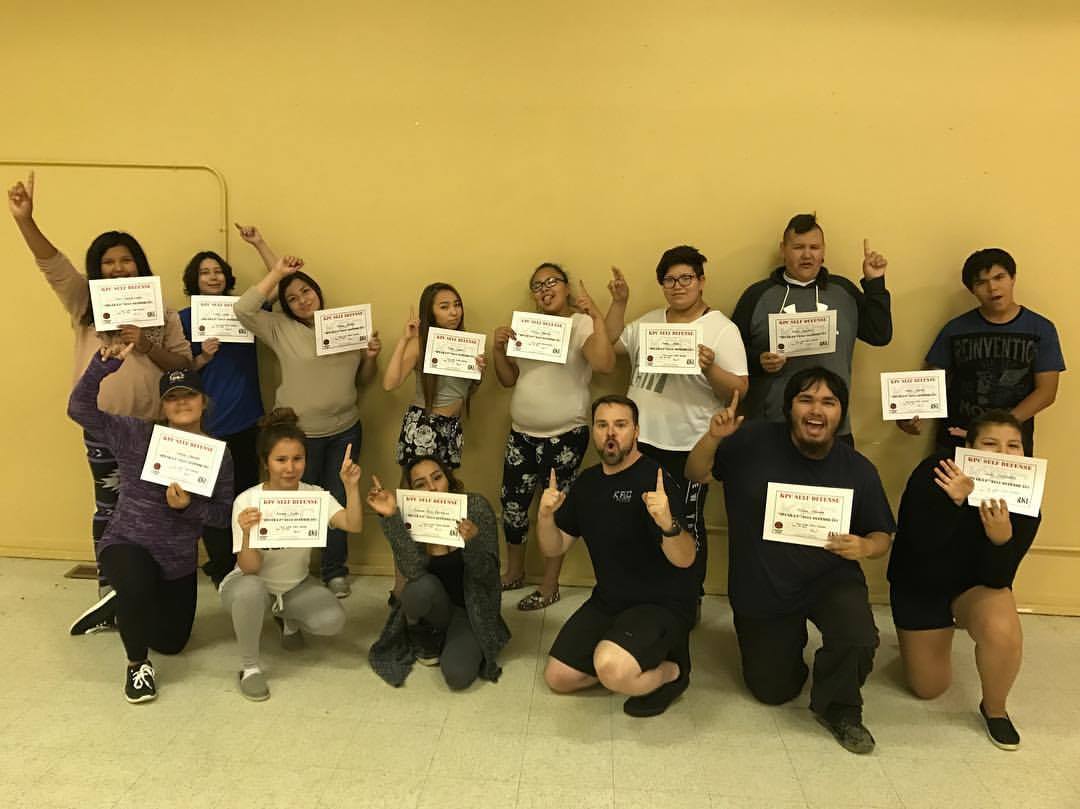Understanding How Predators Take Advantage of Lonely People
Community is a forgotten part of our self protection strategy

If you have been following our work, you know here at 80:20 we take a look at the whole picture of self defense and not just the physical response. One of the things that we like to talk about in our proactive training series is “threat assessment” this catch-all term covers a whole bunch of different things like situational awareness (paying attention to your surroundings for safety) body language, and general information gathering. One of the more specific points to threat assessment in our programs is turning the lens around and paying attention to ourselves and our loved ones to look for “Target indicators” in ourselves to see why we may be selected by a predator. Target indicators are things that may attract a potential bad actor attention and exist on the selection part of the timeline of self defense. Now while there are a ton of different indicators we talk about, the purpose of this blog is shine a spotlight on one that is NEVER talked about but is definitely one that the users, abusers, and bullies take full advantage of, and that is loneliness.
When we talk holistic self protection the three things that we constantly hammer in our presentations are the pillars of proactive self defense: Value, Boundaries, Community. If you have all three of these dialed in the odds of you encountering a violent situation un-consensually drop quite a bit. Stay tuned for more blogs (and my upcoming book) to hear about these in depth but for the scope of this blog I want to focus on community or rather the lack of and how loneliness is not only a green flag for people to take advantage but also causes a lot of people to take bigger risks, allow bad behavior and make us ignore our gut instinct in order to not alone.
Being lonely is a universal feeling that can happen to anyone at any time. Lonely individuals may try their best to establish connections with others and make new friends in social spaces and ever increasingly online. However, predators are out there who use their tactics to take advantage of someone's need for companionship, validation, and trust. These predators are experts at manipulation, and they know exactly how to exploit lonely people's vulnerabilities. In this blog post, we will discuss how predators take advantage of lonely people and what you can do to protect yourself.
In general, some predators often target people who are looking for companionship, validation, or a way out of their loneliness. They can access people through school, the workplace, social spots or multiple online platforms such as social media, dating websites, or chat rooms. They carefully observe their targets, gather information about them, and build a fake persona to exploit the victim. Predators usually start slow with small talk and engaging conversations, building a rapport with the victim.
Once the predator has selected the victim, they begin forming an emotional connection with them by building their trust. They use various tactics to do so, such as sharing personal information (usually a lie), asking probing questions and doing constant boundary checks and pushes, and showing empathy towards them. They may also align their interests and activities with the victim to appear relatable. This process of building trust and connection is crucial for the predator to take advantage of the person either immediately like a fishing scam or con, or later on.
Predators in the short term will use shock value and sob stories to gain what they are looking for and in the long term often try to create a sense of dependence on them for the victim. They begin to weave a complicated web of emotional ties with them, and eventually introduce the notion of “leaving everyone else for you” to the victim. Slowly and strategically, the predator begins to isolate the victim from their friends and family and further gain control over their thinking.
Once the predator has gained the needed reaction or complete trust and control over the victim, they begin to exploit them emotionally. They may demand physical or emotional favors or ask for money or gifts. Predators can also use guilt, anger, shame, or abandonment to trigger emotional responses from their victim. The victim, under the influence or control of the predator, is prone to falling into these emotional traps.
Predators may also create fake scenarios which appeal to the victim’s emotional susceptibility and may even target the victim’s beliefs or aspirations. They may pose as someone they’re not – portraying a successful businessman or artist. The scenario may include an urgent “need” for the victim to help them, such as a financial expense or an illness. Predators pull these fake scenarios to trick the victim and exploit their trust and affection.
But why do people keep falling for these obvious scams and tricks? It is because lonely people are far more willing to try risky behavior in order to alleviate this terrible feeling. Humans are social creatures and loneliness is one of the worst things we can experience, whether you are lonely due to lack of connections or lonely due to feeling isolated in your existing groups (you can feel alone even when surrounded by people). It has been shown time and time again that people who feel alone will stay on the phone longer with a con artist, believe obviously fake stories in order to make a connection and allow themselves to be taken to suspect areas in order to find “their people” or make a genuine human connection. Sadly no one know this better than predators.
It’s essential to understand the techniques used by predators to exploit the vulnerable. While loneliness can lead someone to engage in risky and harmful behavior, and while being aware of the manipulation tactics of predators can protect individuals from falling prey to such exploitation. Like how being cautious of who you interact with online and maintaining healthy boundaries is crucial. These things are very easy to say when there is no emotional component, so the real key is make sure that you and your loved ones do not feel alone.
All in all, we've seen that community is an essential tool for self protection. Before Predators have a chance to prey on us, there are steps we can take to proactively protect ourselves and stay engaged with our community. Building relationships with our friends, elderly relatives, and people of similar interests or goals can give us the support and inspiration needed to stay safe from predators. So now that you're armed with the knowledge necessary for keeping yourself secure, don't miss your opportunity to book us now for your next conference and help give your audience the tools they need for safety. In times when it seems like staying secure is just out of reach, having a strong support system will ensure you never feel powerless again.
Randy








